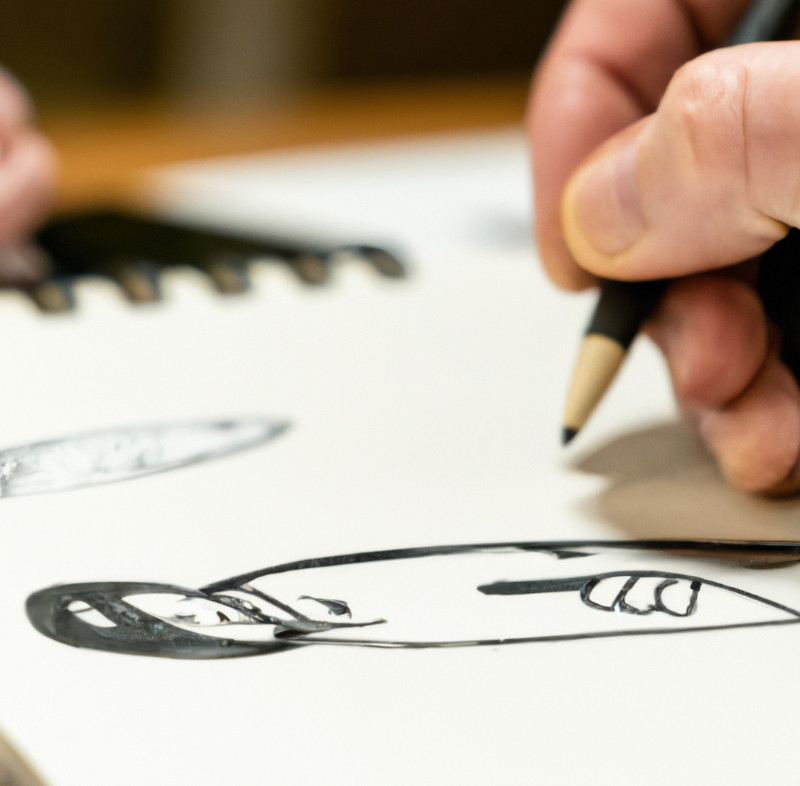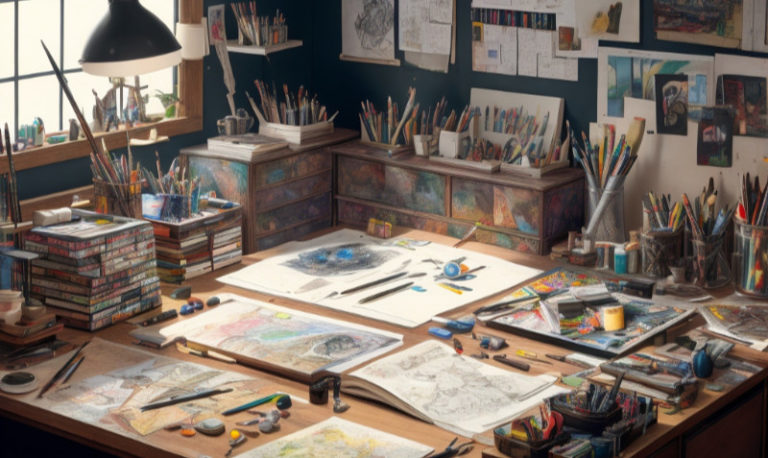Are you an aspiring cartoonist looking to improve your craft? Look no further than the advice of seasoned professionals who know the ins and outs of the industry. I believe that the key to success in cartooning is to practice drawing and writing as much as possible. The more you do it, the easier it becomes to create compelling characters and engaging stories that resonate with readers.
But it’s not just about quantity – quality is just as important. Creative thinking and developing new ideas are essential for standing out in a crowded field. Don’t be afraid to take risks and try new things – you never know what might catch the eye of a publisher or editor.
Speaking of publishers, submitting your work to as many as possible is crucial for getting noticed. Don’t be discouraged by rejection – it’s all part of the process. Keep tweaking and refining your work until it’s the best it can be, and eventually the right opportunity will present itself.
And don’t forget the value of networking with industry peers. Attend conferences, join online communities, and build relationships with those who share your passion for cartooning. You never know who might be able to open doors for you in the future.
With hard work, dedication, and a bit of luck, anyone can improve their skills and make a name for themselves in the world of cartooning. So keep practicing, keep creating, and never stop chasing your dreams.
Things to keep in mind for working on developing your cartooning skills:
1. Observe & research: A cartoonist needs to be constantly looking at the world for inspiration. Keeping an eye on current trends, pop culture, news and politics can help them come up with fresh and relevant ideas.
2. Brainstorming: Jotting down or sketching initial ideas without overthinking allows for more creativity and possibilities, and can help discover hidden gems.
3. Collaborate: Communication with co-workers or other creative individuals can help build upon ideas and come up with different perspectives.
4. Challenge yourself: Push the envelope and try to challenge yourself with something you normally wouldn’t do. Try using new materials, different color palettes, or create a cartoon from a different point of view.
5. Play around: Let yourself play with ideas and concepts, and not worry about the outcome. This can help to unlock your creative instincts.
6. Feedback: Getting feedback and critiques from others in the industry can help gain a different point of view and offer creative suggestions.
7. Persistence: Keep working and trying new things, and eventually, fresh ideas will come. It’s important to keep honing your craft and staying curious.







